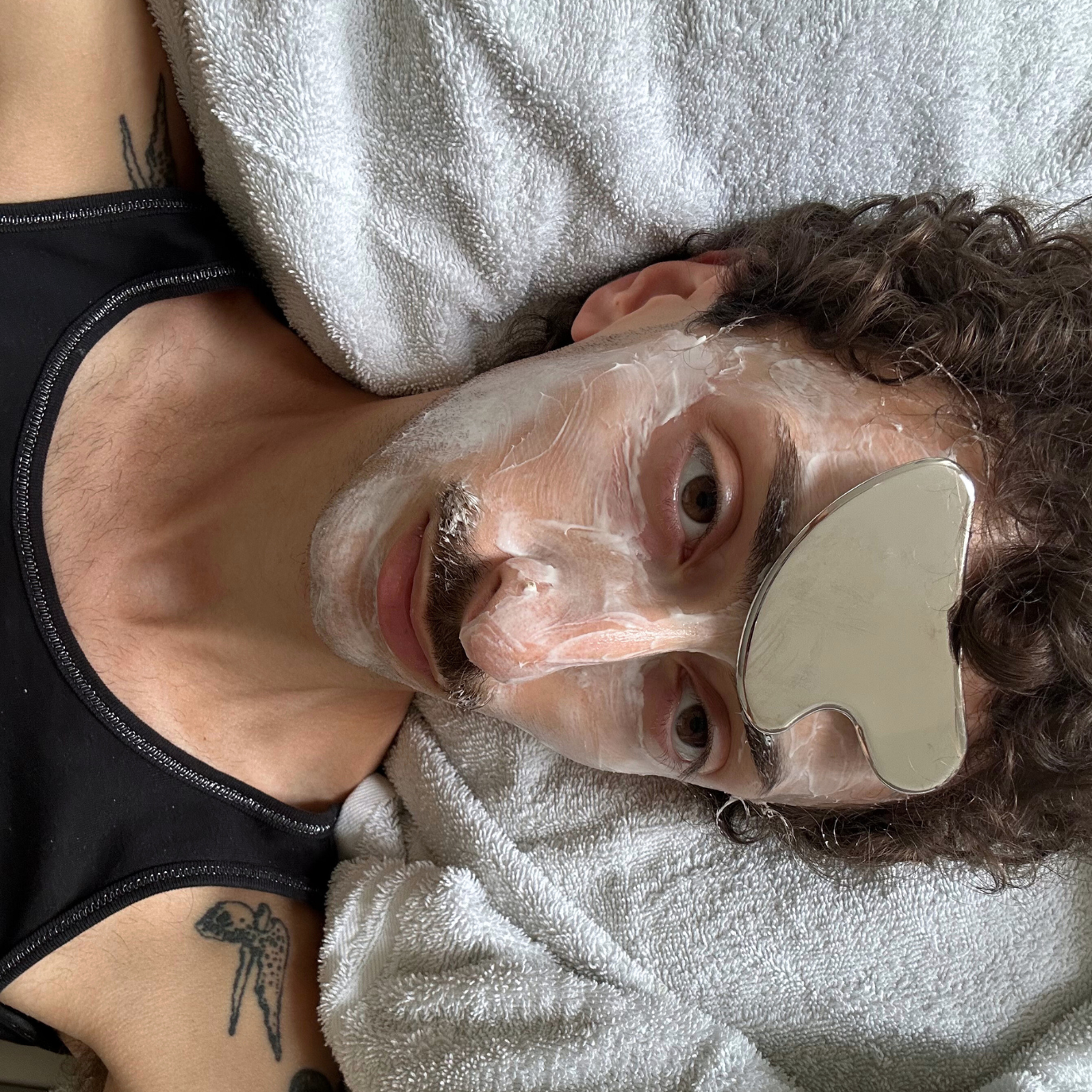
Gluten or Glyphosate: Who’s the Real Villain?
Is Gluten or Glyphosate the Problem?
We have been hearing about gluten intolerance since the late 1990s, yet before that, most people were eating bread and pasta without a second thought. So, what changed? Is it really gluten that's causing so many issues, or is there something else at play? This is where the discussion about glyphosate—a widely used herbicide—comes into focus.
What is Glyphosate?
Glyphosate is a chemical compound found in herbicides, the most well-known being Monsanto's Roundup. Since its introduction in the 1970s, glyphosate usage has skyrocketed, particularly in the late 1990s when genetically modified (GMO) crops resistant to glyphosate were introduced. Farmers began spraying their crops heavily, not only during the growing process but also just before harvest to speed up drying. This process, called "desiccation," ensures quicker and more efficient harvesting but leaves a heavy glyphosate residue on the final product.
Glyphosate and the Gut Microbiome
Research shows that glyphosate can severely disrupt the gut microbiome. Glyphosate acts as an antibiotic, killing off beneficial bacteria and allowing harmful strains to flourish. This imbalance can lead to gut permeability (leaky gut), where toxins and undigested food particles escape into the bloodstream, triggering inflammation and food sensitivities. Over time, this can result in chronic conditions like IBS, autoimmune diseases, and widespread gluten sensitivity.
Gluten or Chemical Sensitivity?
If gluten were the main issue, why do so many people report feeling fine when eating bread and pasta in Europe, particularly in countries like Italy? One major difference is that Europe has far stricter regulations on glyphosate use. In fact, many European countries have banned its use entirely for desiccation purposes, whereas it is still widely practiced in North America. Could it be that what we are really experiencing is not a gluten sensitivity, but a chemical sensitivity?
The Multi-Million Dollar Industry of Gluten-Free
The rise of gluten-free products has created a massive industry, with many people convinced that gluten is the enemy. But what if the true culprit is glyphosate contamination? This perspective shifts the focus from merely avoiding gluten to seeking out cleaner, organically grown grains that are not treated with harmful chemicals.
How to Avoid Glyphosate Exposure
- Choose Organic: Certified organic products are not allowed to be sprayed with glyphosate.
- Know Your Farmer: Purchasing grains and produce from local, organic farms reduces the risk of exposure.
- Avoid GMO Foods: Most GMO crops like corn, soy, and canola are heavily sprayed with glyphosate.
- Filter Your Water: Glyphosate residues can sometimes contaminate water supplies.
- Support Regenerative Agriculture: Farms that practice regenerative methods are committed to avoiding harmful chemicals and building soil health.
It's time to rethink what we've been told about gluten intolerance. Before you eliminate entire food groups, consider the source. Is it the gluten itself or is it the glyphosate contamination? Perhaps, it’s time to shift the conversation from food sensitivities to chemical sensitivities, and advocate for cleaner, toxin-free farming practices.
Chat soon,
Frances











Leave a comment